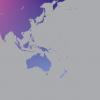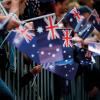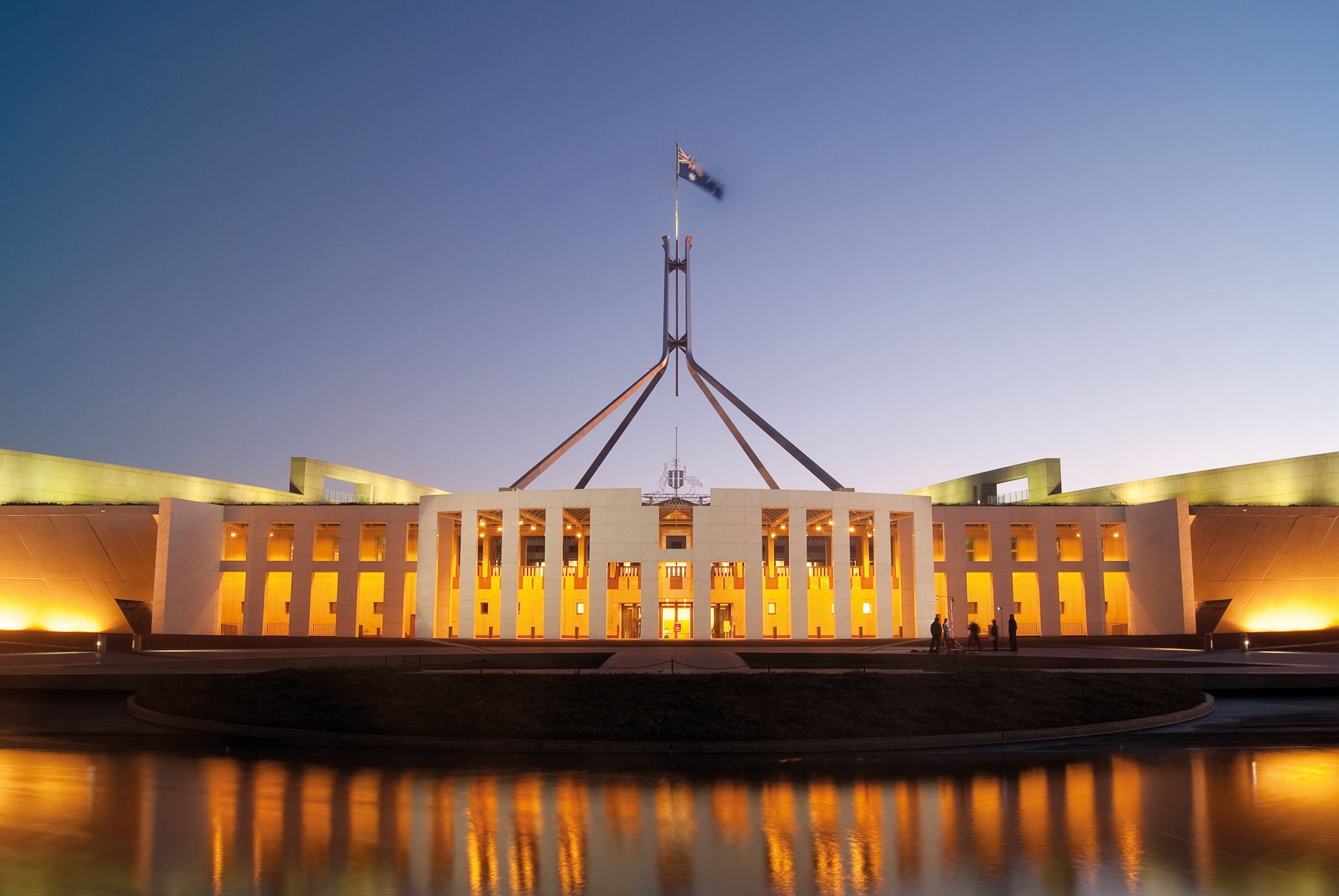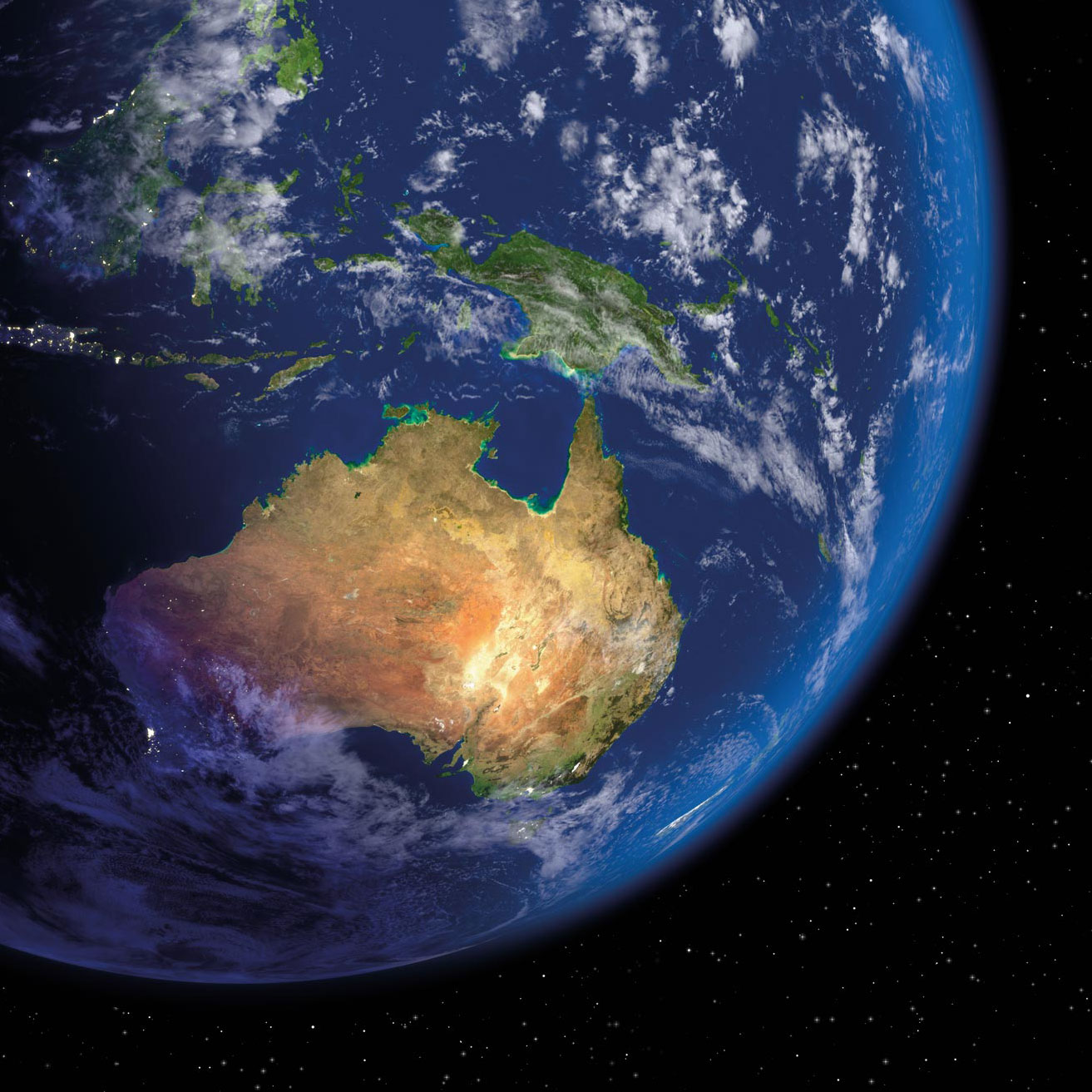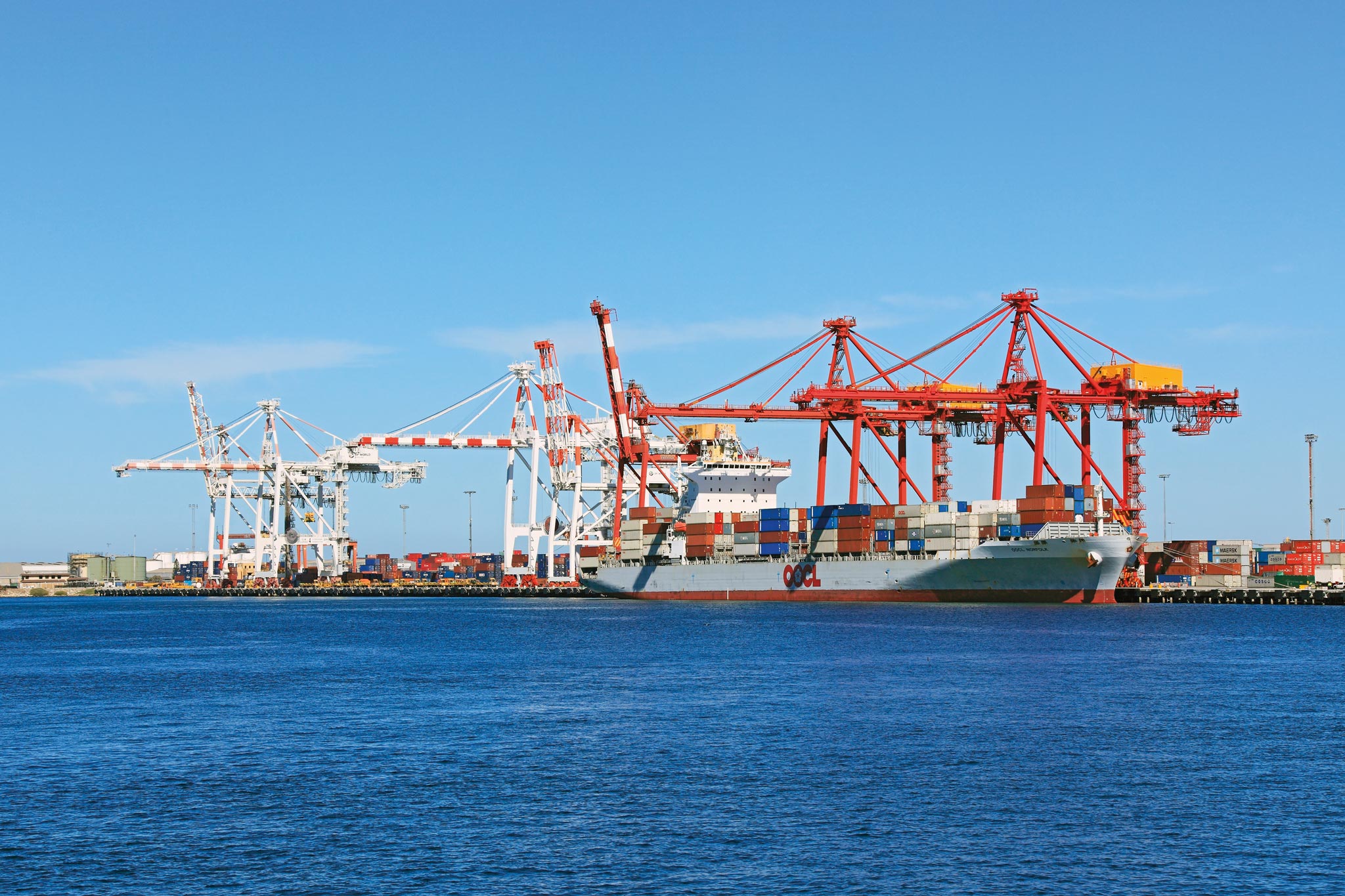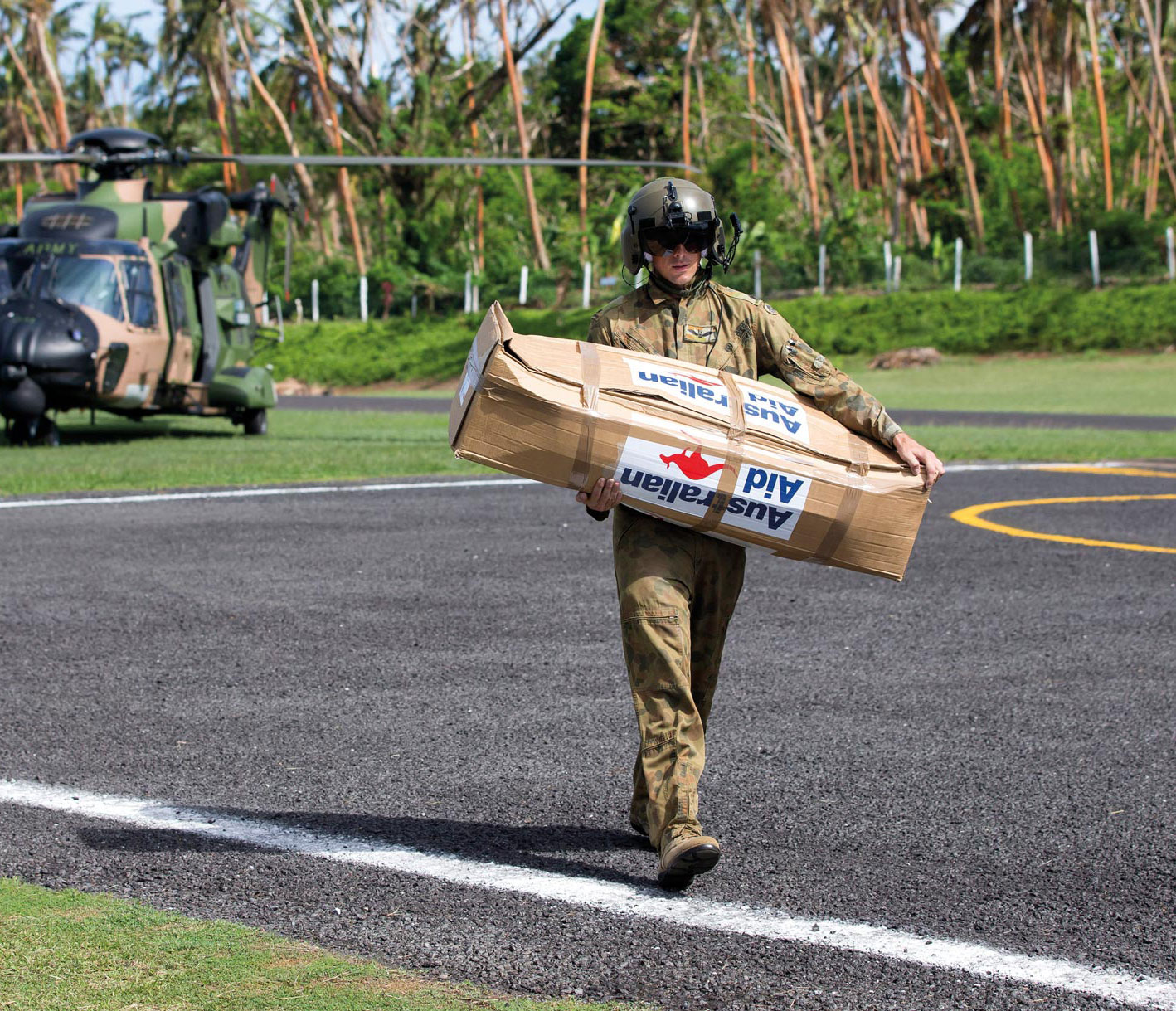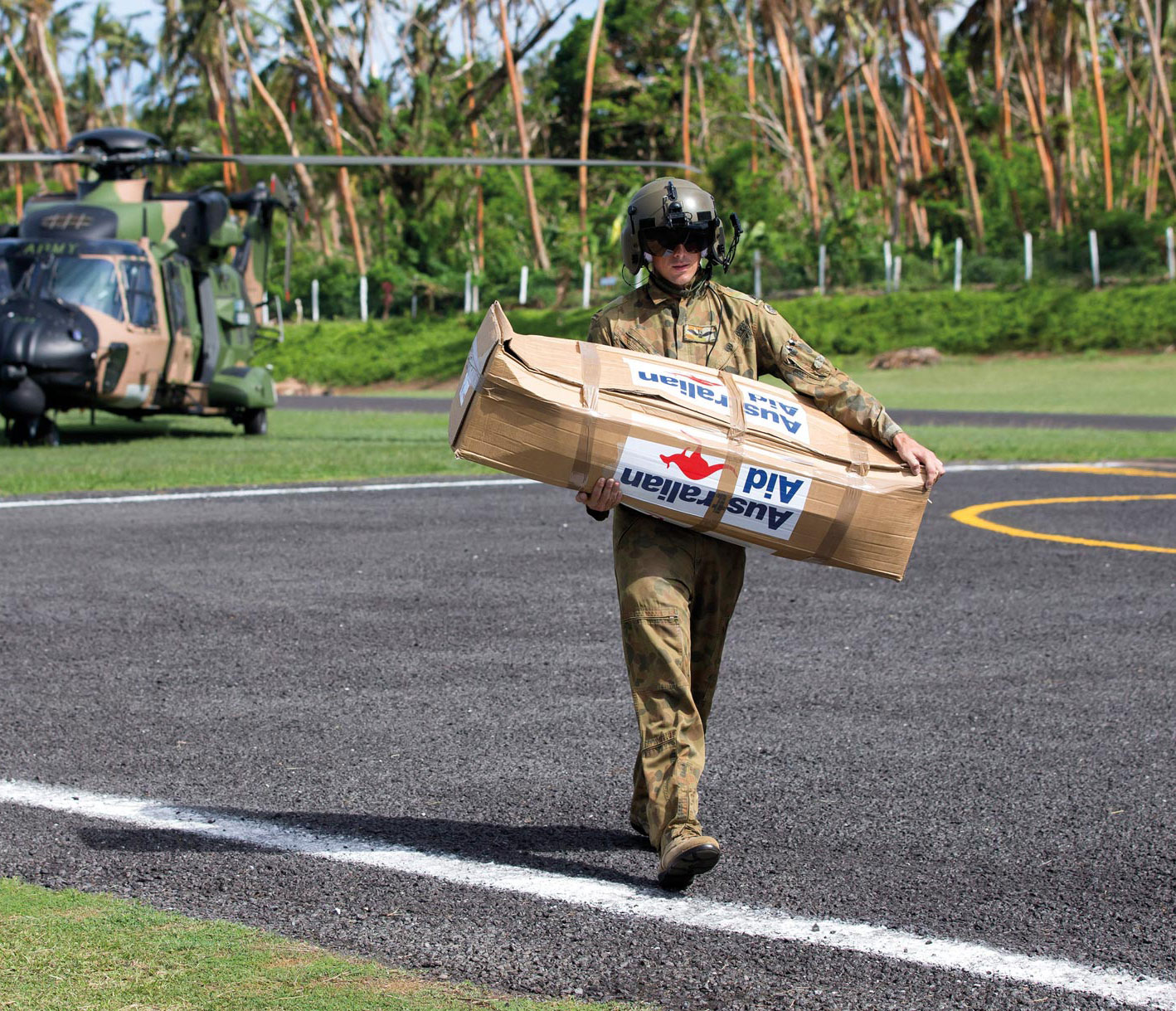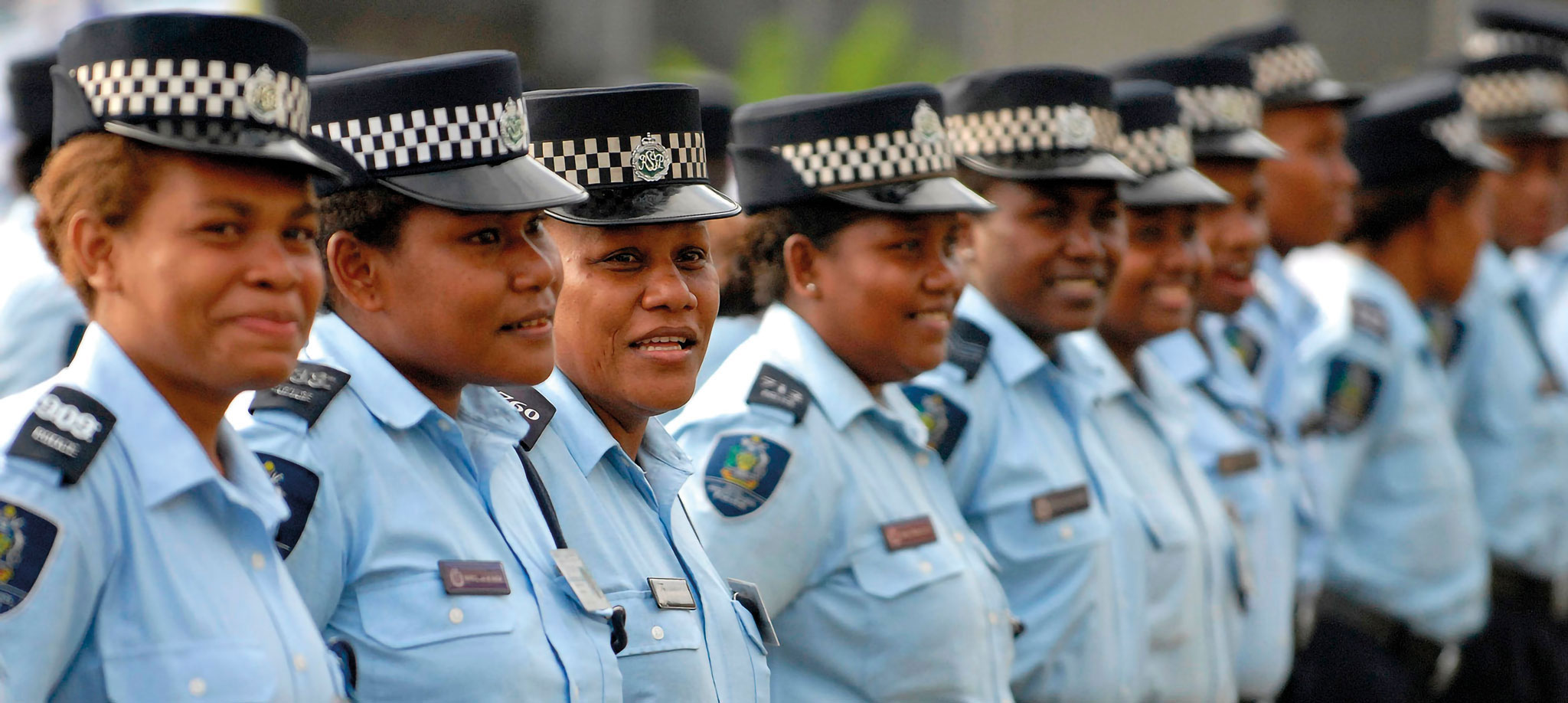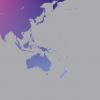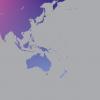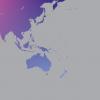| 2030 Agenda for Sustainable Development |
Globally agreed, long-term roadmap for development. It comprises the 17 Sustainable Development Goals and the Addis Ababa Action Agenda on Financing for Development. |
|---|---|
| AANZFTA |
ASEAN – Australia – New Zealand Free Trade Agreement, which entered into force in 2010. |
| Additive Manufacturing |
Use of technologies that add layers of material to build an object. 3D printing controlled by a computer is an example. |
| ASEAN Defence Ministers’ Meeting Plus (ADMM Plus) |
Meeting established in 2010 to strengthen security and defence cooperation in the Indo–Pacific. Members are the 10 ASEAN countries, as well as Australia, China, India, Japan, Republic of Korea, New Zealand, Russia and the United States. |
| Aid for trade |
Assistance to address constraints to trade, such as cumbersome regulations and poor infrastructure. |
| Asian Development Bank (ADB) |
Multilateral bank established in 1966 to promote sustainable economic growth and poverty reduction in Asia through loans, equity investments, technical assistance and other support. |
| Asian Infrastructure Investment Bank (AIIB) |
Multilateral bank established in 2016 to focus on infrastructure investment in Asia. |
| ANZUS Alliance |
Military and strategic alliance agreement between Australia, New Zealand and the United States signed in 1951. |
| Asia–Pacific Economic Cooperation (APEC) |
Economic cooperation forum established in 1989 to link 21 economies in the Asia–Pacific, including Australia. |
| Association of Southeast Asian Nations (ASEAN) |
Political and economic association of Southeast Asian countries established in 1967. Members are Brunei Darussalam, Cambodia, Indonesia, Laos, Malaysia, Myanmar, the Philippines, Singapore, Thailand and Vietnam. |
| ASEAN Economic Community |
Plan adopted by ASEAN leaders in 2015 to move towards a single market and production base, with a free flow of goods, services, skilled labour and capital across the ten member states of ASEAN. |
| ASEAN Regional Forum (ARF) |
Forum for security dialogue in Asia established in 1994. Members are the 10 ASEAN countries, as well as Australia, Bangladesh, Canada, China, Democratic People’s Republic of Korea, European Union, India, Japan, Republic of Korea, Mongolia, New Zealand, Pakistan, Papua New Guinea, Sri Lanka, Russia, Timor–Leste and the United States. |
| Australia Awards |
Australian scholarships and fellowships that fund study, research and professional development in Australia, and support the study of Australian students overseas. |
| Australia Group |
Informal forum of countries that seeks to ensure that exports do not contribute to the development of chemical or biological weapons. |
| Bali Process on People Smuggling, Trafficking in Persons and Related Transnational Crime |
Regional forum of 48 members that helps to address the challenges of people smuggling, trafficking in persons and related transnational crime. |
| Belt and Road Initiative |
Chinese economic and strategic initiative to invest in major infrastructure projects along land and sea routes. Also referred to as One Belt One Road. |
| East Asia Summit (EAS) |
Regional leaders forum established in 2005 for strategic dialogue and cooperation in the Indo–Pacific. Members are the 10 ASEAN countries, as well as Australia, China, India, Japan, Republic of Korea, New Zealand, Russia and the United States. |
| Exclusive Economic Zone (EEZ) |
Area claimed by a coastal state that can extend up to 200 nautical miles from baselines along its coast. Within the zone, a state has jurisdictional rights, including to explore and exploit natural resources. Other states retain certain rights in the zone, including freedom of navigation and overflight. |
| Export Finance and Insurance Corporation (EFIC) |
Australian Government’s export credit agency. It facilitates and encourages export trade on a commercial basis by providing financial support to Australian-based companies that are exporting, integral to a global supply chain or seeking to grow internationally. |
| Foreign Direct Investment (FDI) |
When an individual or entity from outside Australia establishes a new business or acquires 10 per cent or more of an Australian enterprise. |
| Five Power Defence Arrangements (FPDA) |
Series of regional security agreements signed in 1971 committing Australia, Malaysia, New Zealand, Singapore and the United Kingdom to consult in the event of an attack on Malaysia or Singapore. |
| Financial Stability Board (FSB) |
Forum of international financial officials and central bank representatives from G20 countries established in 2009 that aims to coordinate policies to promote financial stability. |
| Free Trade Agreement (FTA) |
International treaty to reduce barriers to trade and investment between two or more countries by eliminating or lowering tariffs and other restrictions. |
| Group of Twenty (G20) |
Premier international forum for cooperation on global economic issues. Members are Argentina, Australia, Brazil, Canada, China, European Union, France, Germany, India, Indonesia, Italy, Japan, Republic of Korea, Mexico, Russia, Saudi Arabia, South Africa, Turkey, United Kingdom and the United States. |
| Gross Domestic Product (GDP) |
Total value of goods and services produced in an economy, including net exports. |
| Global Value Chain |
Production process across jurisdictions to bring a product from conception to end use. This includes research and development, manufacturing, design, management, marketing, distribution and/or post‑sale services. |
| International Energy Agency (IEA) |
International organisation established in 1973 to ensure reliable, affordable and clean energy for its 29 member countries, including Australia. |
| International Monetary Fund (IMF) |
International organisation established in 1945 to ensure the stability of the international monetary system. |
| Indo–Pacific |
Region ranging from the eastern Indian Ocean to the Pacific Ocean connected by Southeast Asia, including India, North Asia and the United States. |
| Joint Comprehensive Plan of Action (JCPOA) |
Accord between Iran, the United States, United Kingdom, France, Russia, China, Germany and the European Union to ensure Iran’s nuclear program is used for exclusively peaceful purposes. |
| Landing Pads |
Austrade program that provides Australian start-ups with access to facilities and advice in five of the world's global innovation centres to help them find new customers, investors, mentors and partners. |
| Lombok Treaty |
Informal name for the Agreement between the Republic of Indonesia and Australia on the Framework for Security Cooperation (2006). |
| Mercosur |
Economic and political bloc established in 1991 comprising Argentina, Brazil, Paraguay and Uruguay. |
| MIKTA |
Plurilateral partnership between Mexico, Indonesia, Republic of Korea, Turkey and Australia. |
| North Atlantic Treaty Organization (NATO) |
Political and military alliance established in 1949 between the United States and 28 other countries. |
| Treaty on the Non‑Proliferation of Nuclear Weapons (NPT) |
Multilateral treaty designed to prevent the spread of nuclear weapons, to further the goal of nuclear disarmament and to promote cooperation in the peaceful uses of nuclear energy. |
| Organisation for Economic Cooperation and Development (OECD) |
Economic forum established in 1961 to promote policies that improve economic and social wellbeing. It comprises 35 member countries, including Australia. |
| Pacific Agreement on Closer Economic Relations (PACER) Plus |
Comprehensive trade agreement between Australia, New Zealand and Pacific island countries expected to enter into force in 2019. |
| Paris Agreement |
Global agreement to address climate change and support a transition to a lower-emissions, climate-resilient global economy. |
| Permanent Court of Arbitration (PCA) |
International court based in the Netherlands to facilitate arbitration and other forms of dispute resolution between states. |
| Pacific Islands Forum (PIF) |
The Pacific’s premier political grouping founded in 1971 as the South Pacific Forum. The Forum comprises 18 members, including Australia. |
| Purchasing power parity (PPP) |
Alternative to using market exchange rates to compare economic measures, such as GDP and income. PPP accounts for the difference in prices of goods and services between countries. |
| Regional Assistance Mission to Solomon Islands (RAMSI) |
Regional stabilisation and state-building intervention led by Australia at the request of the Solomon Islands Government. The intervention ran from June 2003 to June 2017. |
| Regional Comprehensive Economic Partnership (RCEP) |
Proposed regional FTA that would include the 10 ASEAN member states, as well as Australia, China, India, Japan, Republic of Korea and New Zealand. |
| Regulatory equivalence |
Recognises that another country’s legal, regulatory and/or supervisory regime is equivalent to a corresponding framework in your own country. |
| Regulatory harmonisation |
Creates common laws, regulations or standards across jurisdictions or countries. |
| Trans–Pacific Partnership (TPP) Agreement |
Regional free trade agreement between Australia, Brunei Darussalam, Canada, Chile, Japan, Malaysia, Mexico, New Zealand, Peru, Singapore, the United States and Vietnam. The United States has since withdrawn. The eleven remaining participants are sometimes known as the TPP11. |
| United Nations Convention on the Law of the Sea (UNCLOS) |
Comprehensive treaty governing the oceans and their resources. It includes mechanisms for the settlement of disputes. |
| United Nations Security Council (UNSC) |
The 15 member UN body with primary responsibility for the maintenance of international peace and security. |
| United States Force Posture Initiatives |
An extension of Australia’s existing defence relationship with the United States. Signed in 2014, the initiatives support our common interest in promoting regional security and stability. Through combined training and improved interoperability, the initiatives enhance the capabilities of both forces to respond to emergencies and natural disasters. |
| World Bank Group |
189 member multilateral bank with a mission to end extreme poverty and promote shared prosperity by providing finance, policy reform analysis and advice, and technical assistance. |
| World Health Organization (WHO) |
International organisation established in 1948 to work with governments and NGOs to improve health outcomes. |
| World Trade Organization (WTO) |
Global body established in 1995 to regulate trade between nations, including by settling disputes. |


